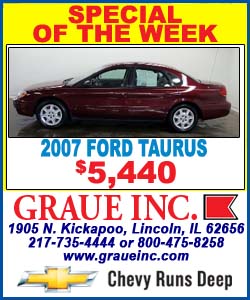| ||||||||||
| ||||||||||
Nike, which is not an Olympic sponsor, has begun an ad campaign in which athletes compete in cities called London
-- only not ones that happen to be the British capital. Locations include London, Ohio, and Little London, Jamaica, and the ads carry slogans that subtly allude to the Olympics without actually naming them. London organizers considered legal action before deciding against it, but the ad must rile Olympic sponsor Adidas. And it's not just corporate giants pushing back. Dozens of Olympians have taken to Twitter since the games began to urge an end to the International Olympic Committee's Rule 40, which gives Olympic organizers the right to punish and even disqualify competitors if they try to pitch their own sponsors, whether on the field of play
-- where all advertising is barred -- or online. U.S. sprinter Manteo Mitchell summed up the view of many Olympians when he tweeted: "I am PROUD to represent my country ... But at the end of the day ... THIS IS MY JOB!!!!" The London organizing committee defended its policy in a statement to The Associated Press, saying it had to raise more than $1 billion from sponsors, many of whom demanded exclusivity. The committee denied having a hand in the warning to the Dorset butcher, which it said came from a local government official, and said it was not official policy to require brand names on journalists' computers to be hidden by tape. The committee noted it had never taken anyone to court, preferring to explain the rules rather than litigate, and added that allowing local businesses to get away with copyright violations would create a precedent that bigger corporations could follow. "There are times when actions we have taken don't look so good, but we have tried and for the most part succeeded in having a measured and pragmatic approach," the committee said. IOC spokesman Mark Adams was blunt in countering the criticism from some of the athletes: "We're trying to protect the money that comes into the Olympics movement. ... That is why we are doing it." Payne, the former IOC marketing director, said some brand protection is absolutely necessary, despite his criticism of the shortsighted way the rules are sometimes applied. All told, sponsors have ponied up more than $4 billion toward the cost of organizing the games and the expenses of the 204 national teams, he said, and without exclusivity, many would walk away. "It's not just a glib marketing statement to say no sponsors, no games," Payne said. "It's the fact."
[Associated
Press;
Copyright 2012 The Associated Press. All rights reserved. This material may not be published, broadcast, rewritten or redistributed.
News | Sports | Business | Rural Review | Teaching & Learning | Home and Family | Tourism | Obituaries
Community |
Perspectives
|
Law & Courts |
Leisure Time
|
Spiritual Life |
Health & Fitness |
Teen Scene
Calendar
|
Letters to the Editor